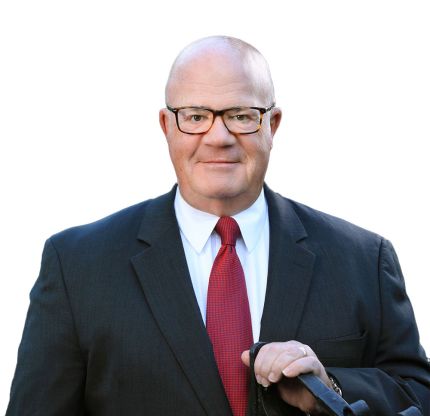
Expert Opinion: Game Changers

Game-changers are those events that intervene in our lives, on athletic fields, and in our businesses that forever change everything.
In our personal lives we identify marriages, deaths, and moving to a new city as the easiest examples of game-changers. In baseball, a homerun changes everything. In business, innovation is the most thought-of example. Look at Sony [and digital photography] or Apple [and their iPads and iPhones]. And speaking of digital photography, that innovation was certainly a game-changer for Kodak, too.
Sometimes, however, an unmet wish that customers have about the current status quo will change the game. This is especially true in fundamental businesses like ours. Starbucks changed the way coffee is served, even though coffee has been served the same way for years. SouthWest changed the airline industry, even though airplanes and airports are the same. Since the 1920s, every house in America has had a bathtub because Sears sold cleanliness.
And what about funeral homes and cemeteries, where we are accustomed to things staying the same for generations, or when they do change, having the changes carried on the backs of snails? Are we, too, being slapped with some express game-changers?
Reflecting on this point, I believe as an industry [lumping together funeral providers and sepulcher suppliers] we are in the mid-innings of a game-changer right now. Here’s my evidence:
- Over-capacity: Look around. Most funeral homes could easily perform twice as many funerals as they do now. The hearse runs two hours per week. Cemeteries still measure their undeveloped lands in acres [that are mostly a big non-producing asset], when those vacant corners near the front gate are the most valuable of all. And all those anchors add layers of unavoidable cost.
- Mature consolidation: The big funeral guys already own most of the major brands in the country’s metro and growth areas, and don’t have any good prospects to buy more. Yesterday’s flagships are struggling with margins, their historic names long ago milked of their original brand values, and most of those formerly esteemed community stalwarts are now losing market share. The new ones they can acquire, scattered here and there, are generally small and don’t add much value.
- Profitability challenges: I sold my shares in Stewart Enterprises for $6.10 per share in 2001. Friday, those same shares traded at $6.26 [more than 10 years later!]. And STEI is not suffering alone. The other publicly traded funeral companies have found it difficult to grow their share prices. I speculate that their trading prices have stagnated due to narrow capacity to cut their costs, to increase retail prices, or to acquire large and agile operators.
- Limited opportunity for personnel: Industry owners must find fresh ways to align shareholder and employee welfares. Corporate directors cannot expect employees to work against their own best interests. Board rooms must engage local management and pay them to build shareholder value, and then pay them a bonus when it materializes. A message similar to that sent by the ‘Arab Spring’ will need to be heard in the big chairs.
- Most industry participants haven’t noticed: Interestingly, all over the country, business owners are acting as if nothing has changed. Their commercial models are the same ones employed by their grandfathers. At the same time, the memorial preferences of their customers bear little resemblance to those of their grandfathers’ customers.
- New eyes are looking for opportunities, building on the back of the old and failing model: As over-capacity lingers, consolidators struggle with shareholder value, margins compress, employees struggle with employer loyalty, and board rooms ignore marketplace realities, new eyes are seeing opportunity. Be on the lookout for emerging industry names that you’ve never heard of before – ones that don’t carry the old baggage.
Yep, this writer thinks we are seeing the acknowledgment of a number of powerful game-changers that are likely to create unparalleled opportunity during the next ten years, as the innovative replaces the obsolete.
Let me know your thoughts on changing the game in our town. Write to me at rbaldwin@urgelborugie.com.
Sincerely yours,
Our Blogging Expert

Business Consultant / Owner
Popular Articles

